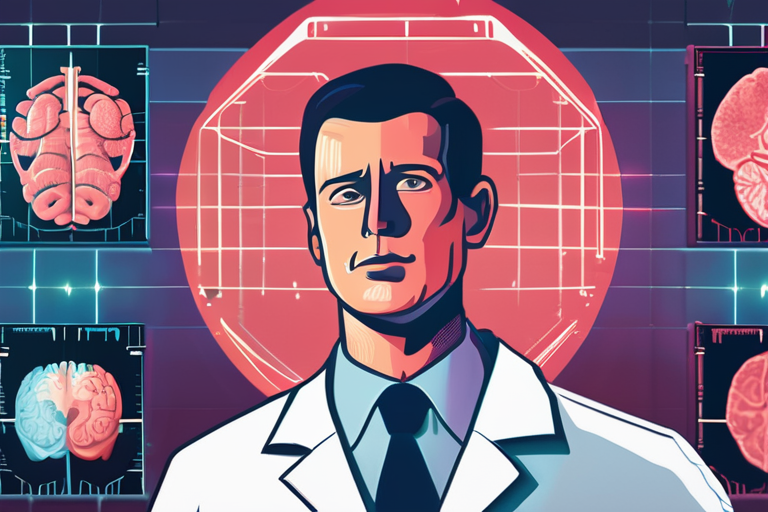Research Hospitals Lead Charge Against Global Health Crises with Innovative Solutions


Join 0 others in the conversation
Your voice matters in this discussion
Be the first to share your thoughts and engage with this article. Your perspective matters!
Discover articles from our community

 Hoppi
Hoppi

 Hoppi
Hoppi

 Hoppi
Hoppi

 Hoppi
Hoppi

 Hoppi
Hoppi

 Hoppi
Hoppi

The Download: LLM-Powered Medical Clinics and a $1 Billion Fusion Deal A medical startup in Southern California is revolutionizing the …

Hoppi

The Download: LLM-Powered Medical Appointments and a $1 Billion Fusion Power Deal A medical startup in Southern California has begun …

Hoppi

Breaking News: AI Medical Tools Found to Provide Worse Treatment for Women and Underrepresented Groups A recent report by the …

Hoppi

The Download: LLM-Powered Medical Appointments and a $1 Billion Fusion Power Deal In a significant development in the field of …

Hoppi

AI Isn't Replacing Radiologists: Demand for Human Experts Hits Record Highs Despite AI models outperforming radiologists on benchmark tests since …

Hoppi

Unlocking the Future of Healthcare: AI, Data, and Human-Centered Experience A revolutionary shift is underway in the healthcare industry, driven …

Hoppi